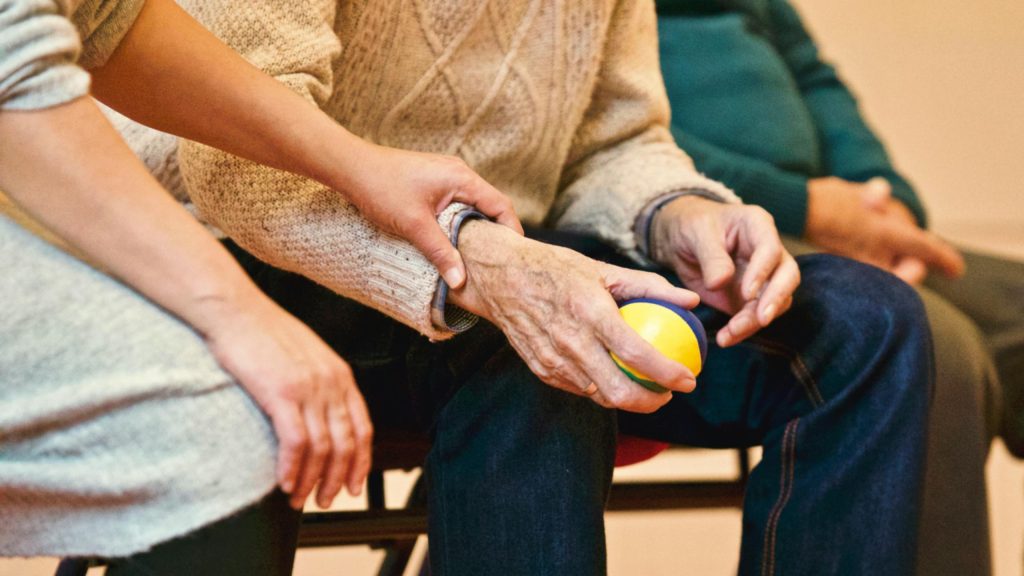Your mother forgets to take her medication—again. Your father struggles to get out of his favorite chair without help. The realization hits: they can’t live independently anymore.
You’re now among the 6.5 million UK families grappling with one of life’s toughest decisions—should your loved one stay at home with care or move to a residential facility?
This choice keeps countless relatives awake at night, torn between safety concerns and guilt, between practical realities and emotional bonds. The truth? There’s no universal “right” answer—but there is a best choice for your unique situation.
This comprehensive guide walks you through both options, comparing costs, benefits, and often-overlooked factors that could make all the difference in your loved one’s quality of life—and your peace of mind.
1. Understanding the Two Care Pathways
Home Care (Domiciliary Care)
- Professional caregivers visit the home
- Ranges from 30-minute check-ins to 24/7 live-in care
- 1.4 million UK adults currently receive home care
Residential Care (Care Homes)
- Full-time accommodation with round-the-clock staff
- Includes:
- Residential homes (personal care)
- Nursing homes (medical care)
- 410,000 UK residents live in care homes
Key Difference: Home care supports independence; residential care provides complete support.
2. The Cost Comparison: What Families Actually Pay
Home Care Costs
- Hourly visits: £20-£30/hour
- Overnight care: £100-£150/night
- Live-in care: £800-£1,500/week
Care Home Costs
- Residential homes: £700-£1,200/week
- Nursing homes: £900-£1,500/week
- Specialist dementia care: £1,200-£2,000/week
Shocking Stat: 1 in 10 care home residents sell their homes to fund care.
3. The Emotional Impact: What Nobody Talks About
Home Care Pros
- Familiar surroundings = 30% less confusion in dementia patients
- Maintains community connections
- Pets can stay
Home Care Cons
- Family often becomes de facto care managers
- Isolation risk if mobility is limited
Residential Care Pros
- Built-in social opportunities
- No home maintenance burdens
- Emergency help always available
Residential Care Cons
- Transition stress (“relocation trauma”)
- Loss of personal space
Moving Reality: 60% of care home residents show improved wellbeing after 3 months of adjustment.
4. The Health & Safety Factors
When Home Care Works Best
- Early-stage mobility issues
- Strong local support network
- Home can be adapted (grab bars, stairlifts)
When Residential Care Becomes Necessary
- Frequent falls or safety concerns
- Advanced dementia with wandering
- Complex medical needs
Critical Finding: Those with 24/7 care needs often get better consistent care in residential settings.
5. The Hidden Considerations Most Families Miss
1. The “Sandwich Generation” Squeeze
- 47% of carers also work full-time
- Home care often means becoming a part-time nurse
2. The Maintenance Trap
- An aging parent’s home may need costly repairs
3. The Sibling Factor
- 68% of families disagree initially on care decisions
4. The Future-Proofing Test
- Will this solution work if needs increase?
6. How to Decide: The 5-Question Checklist
- What level of care is needed now—and likely in 12 months?
- Can we realistically manage home care logistics?
- What does our loved one truly want?
- What funding options are available?
- Have we visited at least 3 care homes for comparison?
Pro Tip: Try a 2-week respite stay in a care home before deciding permanently.
7. Navigating the Transition (If Residential Care Is Chosen)
Making It Easier
- Bring familiar bedding and photos
- Visit at consistent times initially
- Staff should know life history (favorite foods, hobbies)
The First 30 Days
- Expect an adjustment period
- Look for small wins (new friends, activities enjoyed)
This decision isn’t about abandoning your loved one—it’s about loving them wisely. Sometimes love looks like converting the downstairs den into a bedroom. Sometimes it looks like carefully selecting a care home where they’ll thrive.
The hardest choices often share one truth: they’re made through tears, but with hope. Hope that your parent will be safe. Hope that you’ll regain equilibrium. Hope that this next chapter, though different, might still hold joy.
Whatever path you choose, remember this: care decisions aren’t final exams—they’re ongoing conversations. What works today may need adjusting tomorrow, and that’s okay.
Because at its core, this isn’t really about where your loved one lives—but how well they live. And that’s something no building can dictate.

